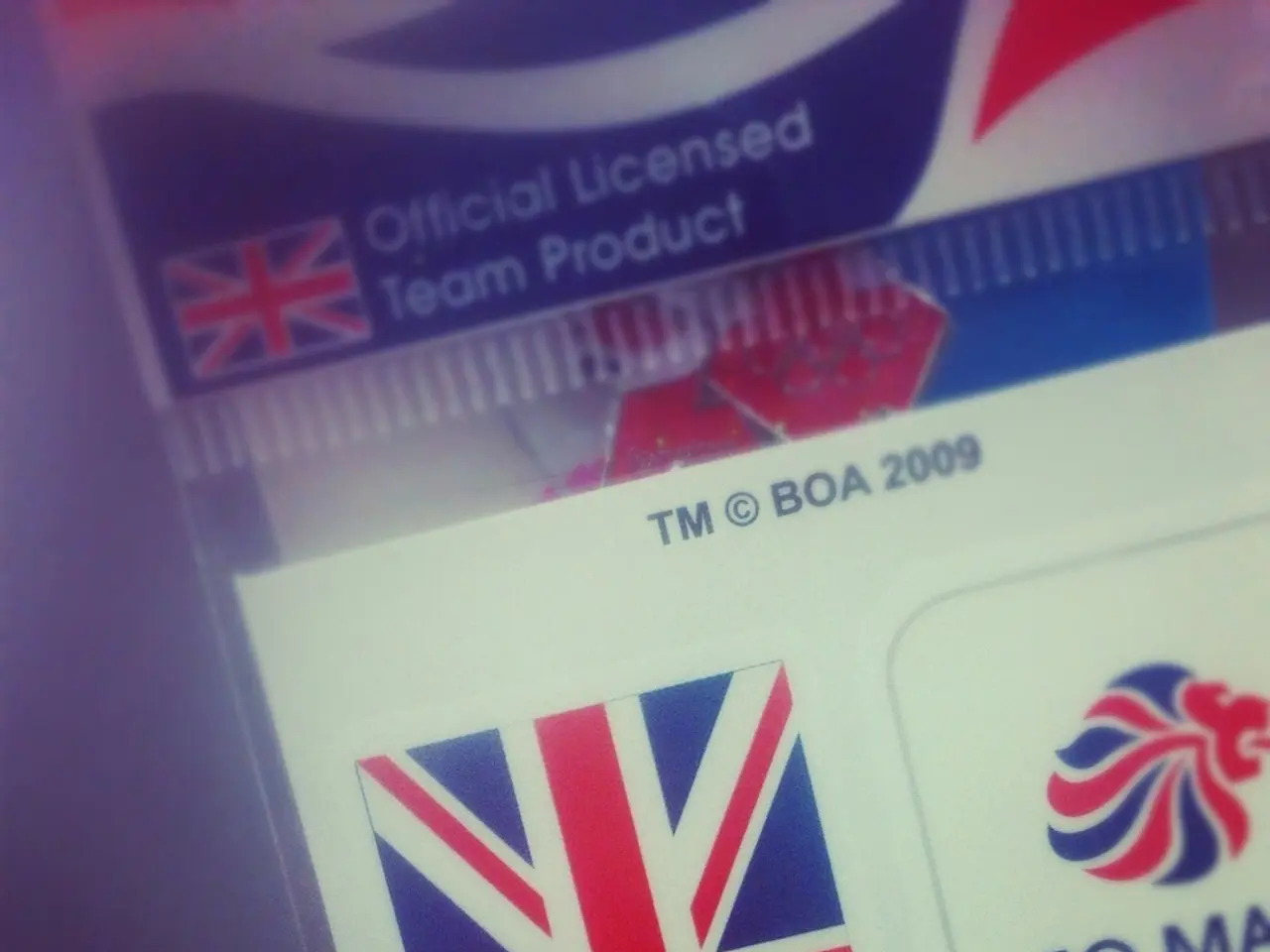Guard Against Inflation: Intelligent Approaches to Safeguard Your Retirement Funds and Expenses
================================================================================
Inflation is a significant concern for many 401(k) plan participants, with 57% considering it the main obstacle to a comfortable retirement, according to a survey by Charles Schwab. However, there are strategies that can help individuals prepare for inflation and safeguard their savings and investments.
One key strategy is to review your portfolio to ensure your asset allocation matches your risk tolerance. This can help you prepare for inflation by diversifying your investments and integrating inflation-protected assets such as Treasury Inflation-Protected Securities (TIPS), I bonds, dividend-paying stocks, real estate investment trusts (REITs), and commodities like gold or oil.
Another important aspect is paying attention to your budget during inflationary periods. As a retiree, you are on a fixed budget and need to make your money last. Keeping track of your spending and consumption levels can help you tweak things to save money over a long retirement.
Retirees living on a mix of annuities, pensions, Social Security, and investments should also look at their asset allocation to ensure it will keep up with inflation. Choosing annuities offering cost-of-living adjustments (COLA) or using deferred income annuities can provide more predictable, inflation-resilient income streams.
Valerie Johnson, wealth planning manager at Axtella, suggests using financial planning software to assess the probability of success throughout the retirement horizon. Balancing tax-efficient withdrawals between traditional and Roth accounts can also improve overall inflation protection.
Maggi Keating, a CFP at FBB Capital Partners, suggests reviewing your asset allocation and moving some profits to fixed income to ensure you're not over-exposed to stocks. Long-term bonds may be an area to avoid if and when the Federal Reserve cuts interest rates, Keating says.
It's also crucial to avoid excessive cash holdings, as cash loses purchasing power over time in an inflationary environment.
Together, these strategies balance income stability, growth potential, and protection against inflation’s erosion of retirement savings.
According to the survey, 23% of respondents have already adjusted their 401(k) portfolio due to inflation and volatility. Of those who made changes, 79% shifted to more conservative investments. However, only 34% of respondents said they feel very likely to achieve their savings goals, down from 43% in 2024.
Inflation, as of June, was up 2.7%. The Consumer Price Index increase was driven largely by shelter, with food and energy prices also higher year-over-year.
By implementing these strategies, retirees and pre-retirees can better prepare for inflation and secure a comfortable retirement.
Personal finance management is essential to combat the impact of inflation on retirement savings. Acknowledging the inflation concern, some 401(k) participants have already adjusted their portfolios, moving towards more conservative investments to mitigate risks.
Integrating inflation-protected assets like Treasury Inflation-Protected Securities (TIPS), I bonds, dividend-paying stocks, real estate investment trusts (REITs), and commodities such as gold or oil can aid in preparing for potential inflation.




